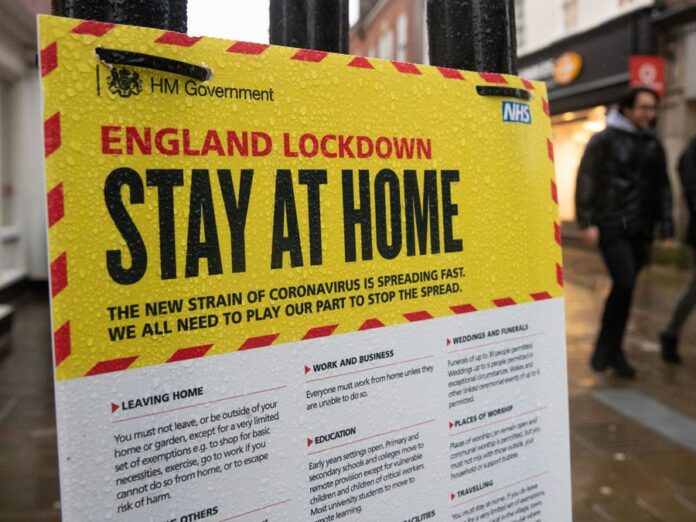NHS Providers has written to the prime minister and produced a detailed briefing for parliamentarians setting out the four tests that NHS trust leaders believe must be passed before relaxing the current restrictions on social contact.
First, COVID-19 case numbers and the R number must drop significantly to prevent infections surging again as soon as restrictions are eased, as happened last year.
Second, NHS capacity needs to have returned to levels where the service can treat all the patients it needs to.
Third, the vaccination campaign needs to be sufficiently advanced to provide adequate levels of protection and avoid unnecessary death and patient harm.
Fourth, we must have a robust and effective strategy in place to rapidly identify and control future outbreaks from the variant strains that now pose the greatest threat.
Chris Hopson, the chief executive of NHS Providers, which represents every NHS hospital, mental health, community and ambulance trust in England, said:
“The government will publish its lockdown exit roadmap in less than a week’s time. NHS trust leaders are clear, as they have been throughout the pandemic, that the approach should be to remain cautious. They want to focus on data, not just dates, with four evidence-based tests met before lifting restrictions.
“The evidence on COVID-19 cases, NHS capacity, progress with vaccinations and readiness to combat COVID-19 variants all show that it is much too early to start lifting restrictions.
“COVID-19 case numbers are still far too high.
“The NHS is still at full stretch and trust leaders believe this will continue for at least another six to eight weeks.
“Despite amazing progress, we have only vaccinated the top four Joint Committee on Vaccinations and Immunology priority groups, leaving significant risk of death and patient harm.
“There is a lot more to do to ensure Test and Trace is fully ready to combat the new variants that are now our greatest threat.
“We have had the debate about when and how quickly to lift restrictions several times before. Each time those arguing for a rapid relaxation were wrong and we had to reimpose restrictions, losing unnecessary lives and causing unnecessary long term patient harm in the process.
“If this is to be the last national lockdown we have to learn the lessons from last year and take a cautious approach.”







